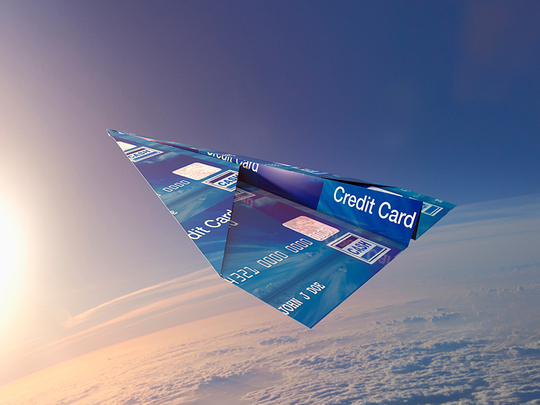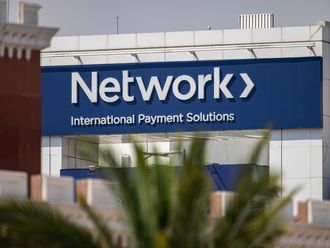
With expatriates accounting for 85 per cent of the UAE workforce, international travel is always going to be part and parcel of life for the majority of the population.
While sluggish economic growth may have forced people in many parts of the world to cut back on spending — including travel spending — the UAE travel market continues to be resilient. Demand for travel remains on the rise.
It comes as no surprise that banks and other card issuers have sought to tap this lucrative market by introducing products that appeal to and reward travellers for spending outside their country of residence.
“Travel as a category is huge,” says Pankaj Kundra, Head of Payments at Mashreq Bank. “Travel is always going to be on the cards for the UAE population — whether [it] is for business or leisure. It’s something that we take very seriously.”
Outbound spending
In the UAE, total outbound expenditure is estimated at Dh27.6 billion in 2017, 4.7 per cent higher than last year, according to Euromonitor International, a global market analysis firm. Of this outbound expenditure, 19 per cent comes from business trips and 81 per cent from leisure trips. The top travel destinations for people in the UAE are Saudi Arabia, Oman, the UK, Thailand and France, according to Euromonitor. The US ranks in eighth position.
“Travel credit cards are becoming increasingly popular,” says Jon Richards, CEO of yallacompare. “They offer users the chance to earn free points that can be redeemed for airfares, hotels or even cold hard cash. It goes without saying, living in a region as transient as the UAE, these kinds of benefits are easily measurable.”
In selecting a travel credit card, consumers typically consider four criteria: rewards, perks, chip capability for security and foreign transaction fees. “Pick a card that offers high rewards and bonuses and sign-up miles, but always read the small print,” adds Richards. “This is vital.”
Credit-card companies are competing to gain more customers, and in doing so are more frequently partnering with travel brands, to offer sign-up points, bonuses and special discounts. “By understanding the benefits attached to a travel credit card and fully utilising them, users can see their rewards being converted into free flights, flight upgrades and free hotel stays,” says Richards.
Shopping is an important category for globetrotting UAE residents with 25 per cent of their total expenditure going towards this, according to Euromonitor data. Expenditure on lodging comes in at 23 per cent as does spending on activities. Spending on food comes in at 17 per cent.
Banks benefit
While consumers get rewards and perks, their use of credit cards is also a main source of revenue for issuers. “Credit cards are bread and butter for any retail bank,” explains Kundra. “And for travellers, their cross-border spending is very important. They tend to be more profitable for banks on fees.”
While some banks have an annual fee for their card rewards schemes, most of the revenue is generated by foreign exchange fees.
“In the end, it’s a win-win,” says Kundra. “The client gets the benefit of rewards, and the bank is able to generate revenues.”
Rabia Yasmeen, Services and Payments Analyst for the Middle East at Euromonitor, also notes the trend of travel cards or multi-currency cards.
“These are getting increasing interest from the bankers who want [profit] on the spend made by these travellers across countries — especially benefiting from higher transaction sizes on categories such as lodging,” Yasmeen says.
“Many banks have already issued such cards that are very popular for business travellers as they enable companies to cap expenditure as well as provide convenience and safety to the traveller. They also allow easy transactions over multiple currency formats without the need to deal with foreign exchange rates.”












